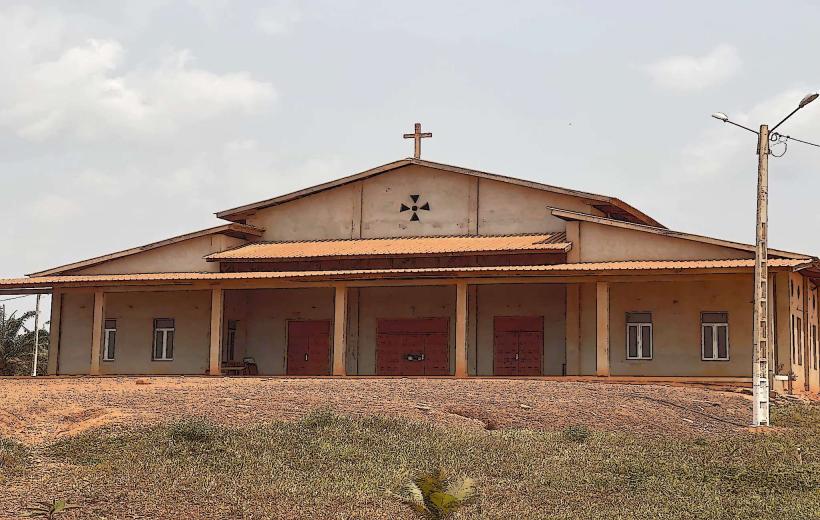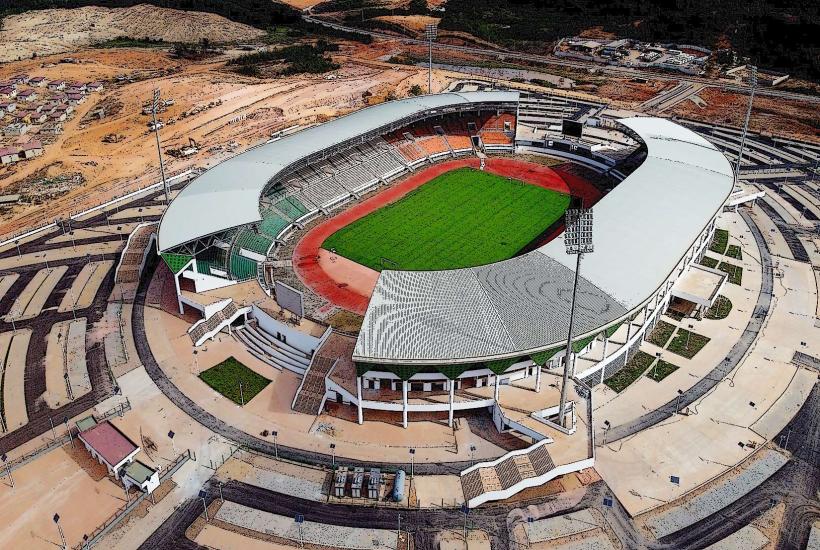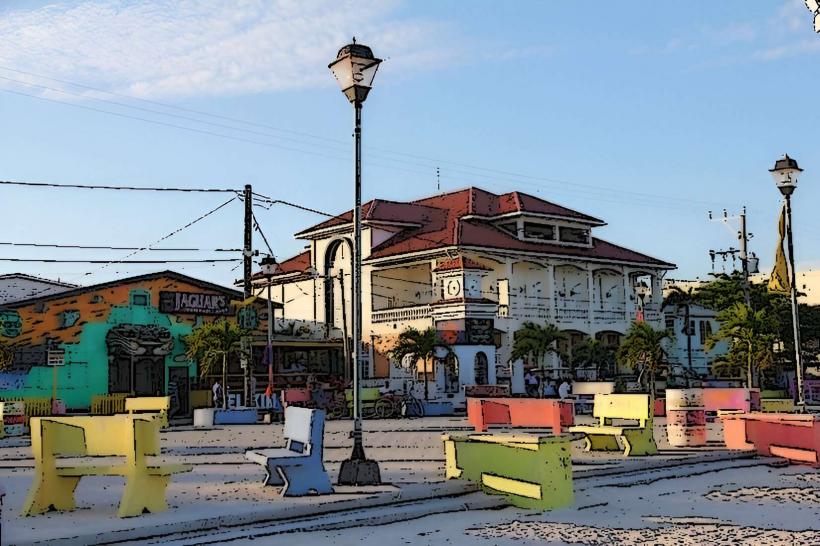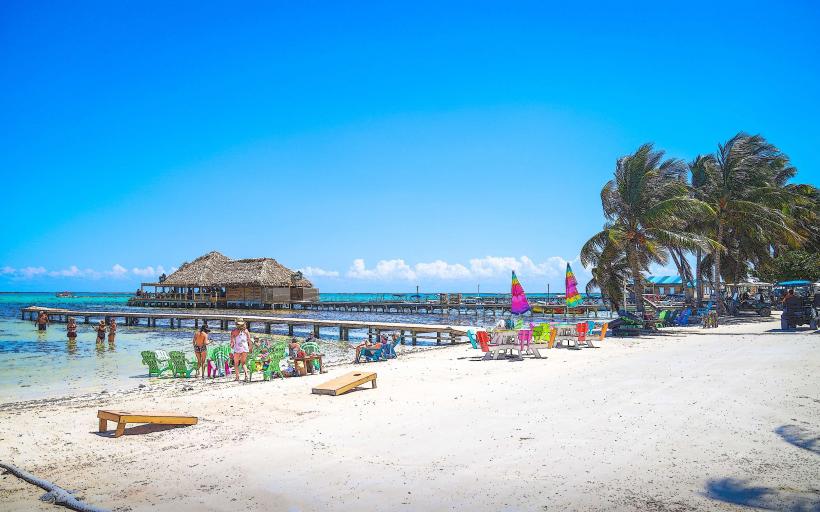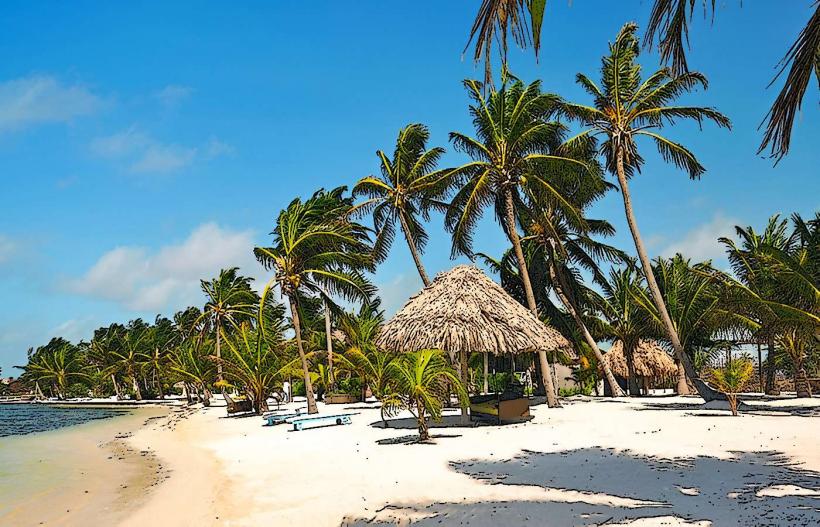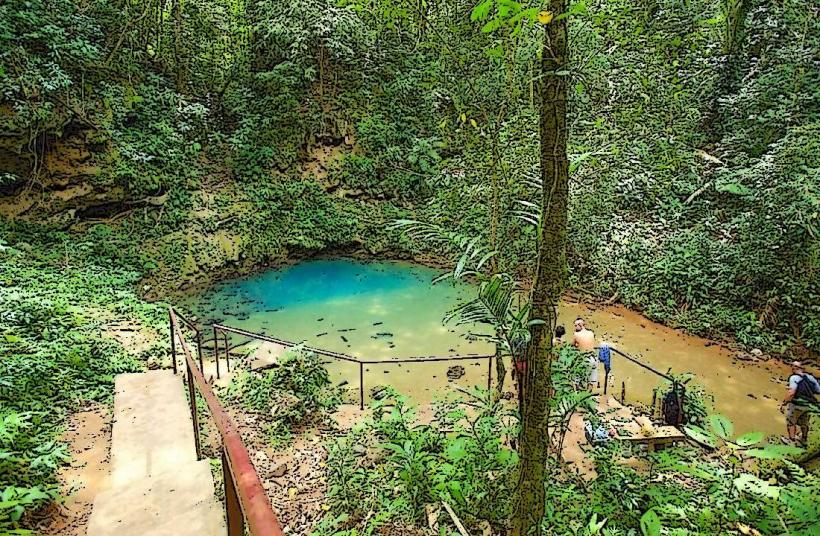Information
Landmark: San Pedro MarketCity: San Pedro
Country: Cote d-Ivoire
Continent: Africa
San Pedro Market, San Pedro, Cote d-Ivoire, Africa
San Pedro Market is a primary commercial hub located in the city of San Pedro, Cote d'Ivoire.
This market serves as a central point for trade and local commerce within the region.
Visual Characteristics
The market consists of a series of open-air stalls and covered structures constructed from corrugated metal sheeting and concrete. Goods are displayed on wooden tables and directly on the ground. The primary colors are earthy tones of produce, textiles, and building materials, interspersed with the bright hues of packaged goods and clothing. The area is densely packed with vendors and shoppers, creating a dynamic visual environment.
Location & Access Logistics
San Pedro Market is situated in the central district of San Pedro. It is approximately 1.5 kilometers from the city center, accessible via Boulevard de la Paix. Parking is available on adjacent unpaved lots, often congested during peak hours. Public transport options include local "Sotra" buses that service routes passing near the market, with stops located within a 5-minute walk.
Historical & Ecological Origin
The market's origins are tied to the development of San Pedro as a port city in the mid-20th century. It evolved organically from informal trading posts established to support the growing population and port activities. There is no single architect or construction date; its expansion reflects the city's economic growth. Ecologically, the site is situated on relatively flat terrain, historically part of the coastal savanna ecosystem.
Key Highlights & Activities
Visitors can observe and purchase a wide range of local produce, including fruits, vegetables, and spices. Textile vendors offer fabrics and clothing. Artisanal crafts and household goods are also available. Bartering is a common practice. Food stalls offer prepared local dishes.
Infrastructure & Amenities
Basic sanitation facilities (latrines) are present but often crowded. Shade is provided by temporary awnings and the roofs of permanent stalls. Cell phone signal (2G/3G) is generally available, though reception can be inconsistent in densely crowded areas. Numerous small food vendors operate within and immediately surrounding the market perimeter.
Best Time to Visit
The market is most active from early morning (approximately 6:00 AM) until late afternoon (around 6:00 PM). For a less crowded experience, visiting between 9:00 AM and 11:00 AM on weekdays is recommended. Peak activity occurs on Saturdays. There are no specific tidal or astronomical conditions that affect market operations.
Facts & Legends
A local anecdote suggests that the market's busiest section for spices was historically located where a specific type of fragrant wild herb once grew abundantly. While the herb is no longer visible, the tradition of concentrating spice vendors in that general area persists.
Nearby Landmarks
- Port of San Pedro (1.2km Southwest)
- San Pedro Central Mosque (0.8km North)
- Grand Marché (Main Market) (0.3km East)
- Cathédrale Saint-André (1.0km Northwest)





